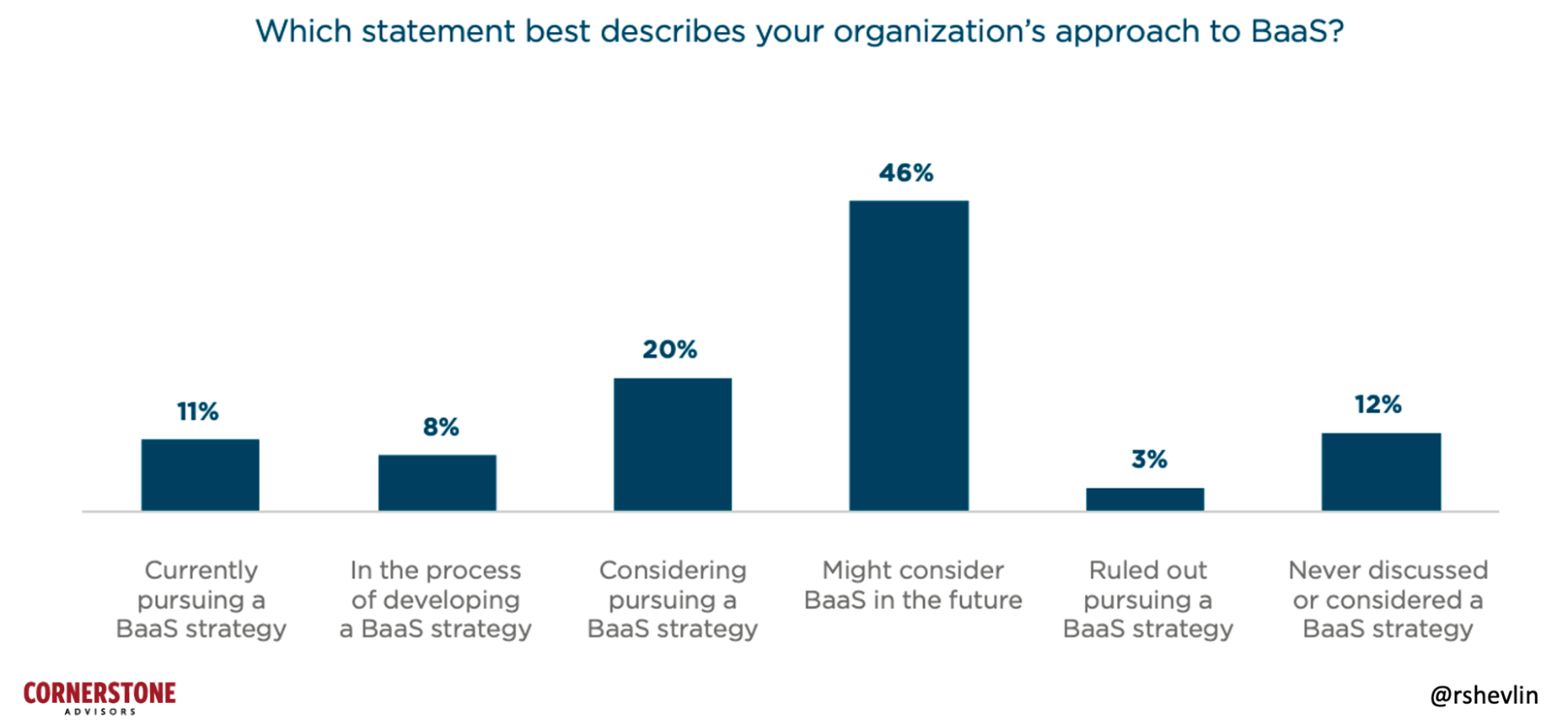Digital Banking WIP - Issue #3
|
Simplifying Tech for Banks
By Seshika Fernando
VP Banking and Financial Services,
WSO2

Get insights & industry research on what banking tech means to banking businesses.











